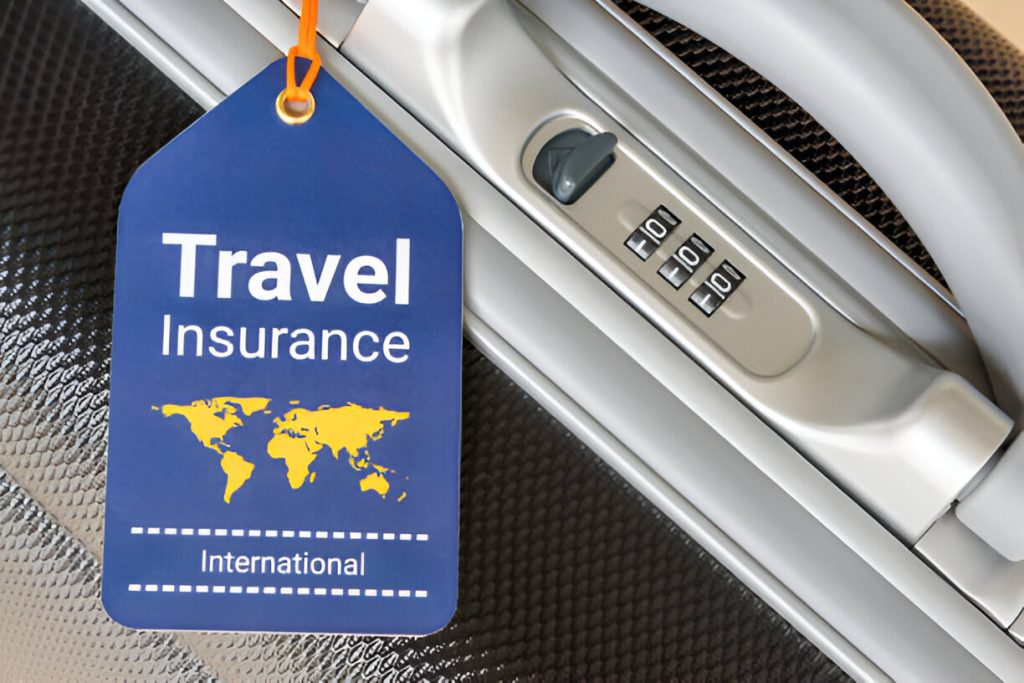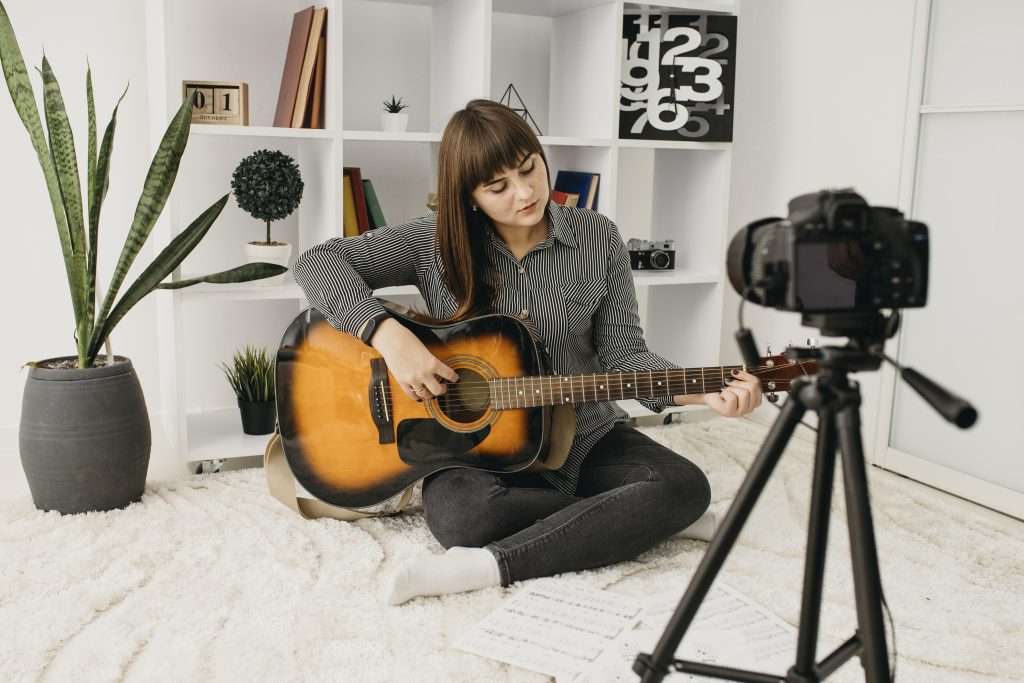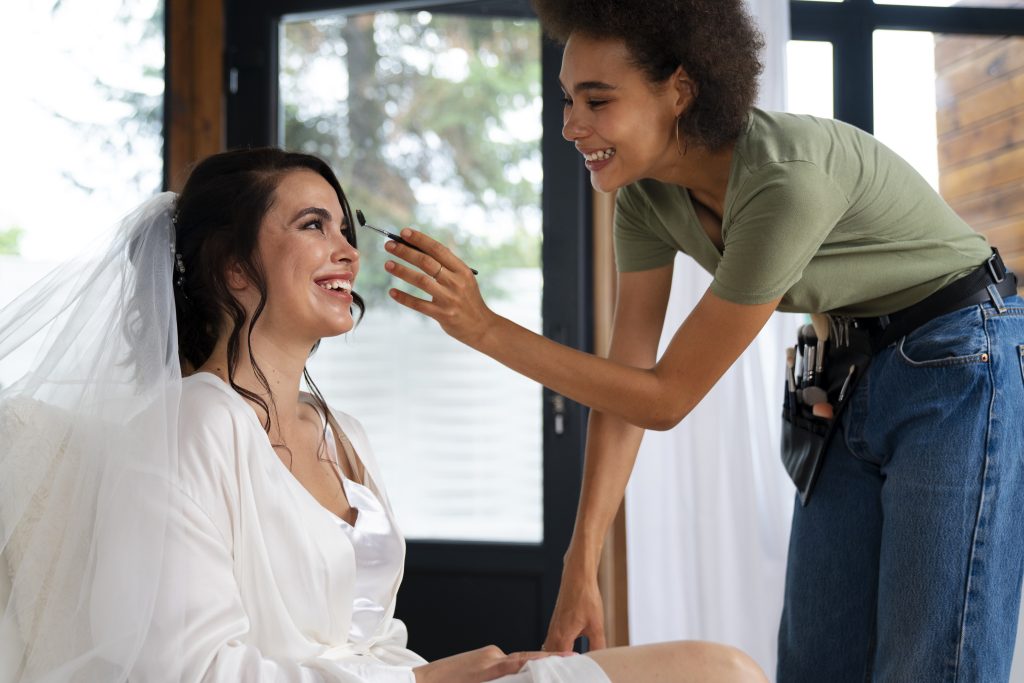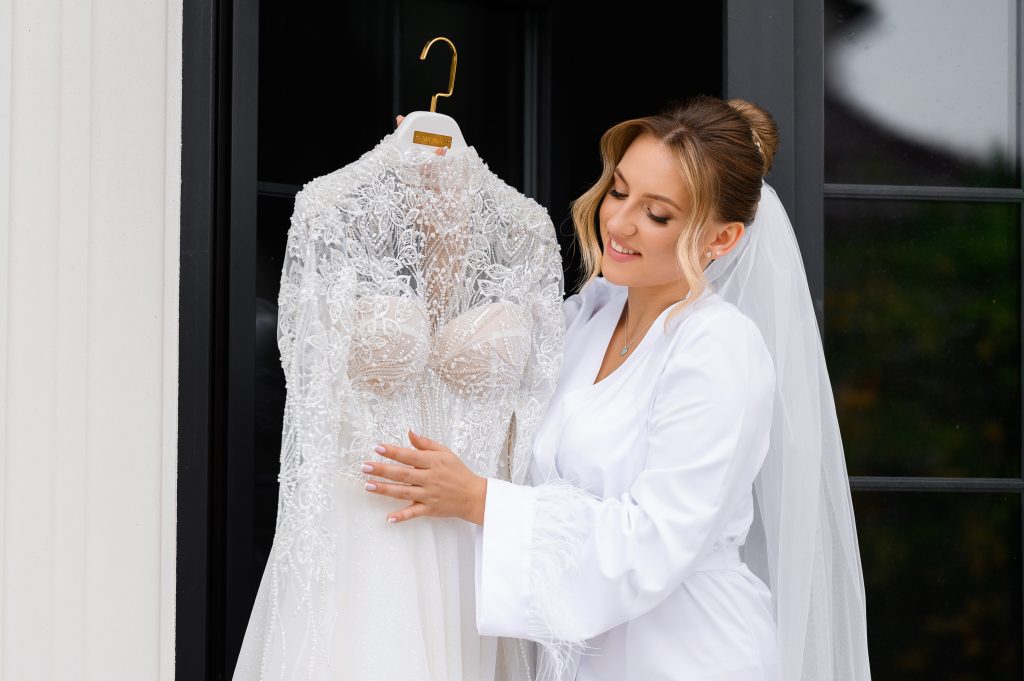Did you know that the average cost of a wedding dress in the United States is around $1,600? While this number provides a general idea, there are various factors that can influence the final price tag of your dream gown. From designer brands to off-the-rack options, understanding these elements is crucial in creating a realistic budget for your special day. So, how can you ensure you find the perfect dress without overspending? Let’s explore the world of wedding dress costs and budgeting together.
Wedding Dress Cost Averages
On average, brides historically spent approximately $1,631 on their wedding dresses. When considering dress style trends, many brides opt for classic and timeless designs, while others lean towards modern and sleek silhouettes. Dress shopping tips suggest starting early, around 12 to 18 months before the wedding, to allow ample time for alterations. Celebrity wedding dresses often influence these trends, with high-profile weddings setting the stage for what’s in vogue. Sustainable dress options have gained popularity, with eco-conscious brides leaning towards ethically sourced materials and environmentally friendly designs. The dress resale market trends show a growing interest in preloved dresses, offering brides the chance to find designer gowns at a fraction of the cost. When shopping for your dream dress, remember to consider these factors to find a style that not only fits your budget but also reflects your personal taste and values.
Factors Influencing Dress Costs
As you delve into the world of wedding dress costs, consider the intricate factors that influence the price tag attached to your dream gown.
- Fabric choices: The type of fabric you select for your wedding dress can significantly impact the overall cost. Luxurious materials like silk or hand-embroidered lace tend to be more expensive than synthetic options.
- Custom designs: Opting for a custom-designed wedding dress tailored to your specific preferences and measurements can lead to higher costs. Customization often involves intricate detailing and personalized touches that elevate the dress’s price.
- Celebrity inspirations: Dresses inspired by celebrity styles or designer trends may come at a premium. The influence of high-profile fashion can drive up prices, especially for couture or designer pieces.
- Vintage options: Vintage wedding dresses, particularly those from well-known eras or designers, can be pricier due to their rarity and historical value. The uniqueness and quality of vintage gowns contribute to their higher costs.
- Online discounts: While online shopping can offer discounts and deals on wedding dresses, be cautious of hidden costs such as alterations, shipping, and return policies that may impact the final price.
Designer Brand Price Variations
When considering designer brand price variations for wedding dresses, it’s essential to delve into the diverse cost ranges offered by luxury and mid-range designers. Luxury brands typically range from $2,000 to $4,000, with some offering multiple collections at different price points. On the other hand, mid-range brands provide dresses under $2,000, making them more budget-friendly. Custom creations, tailored to your specific preferences, can exceed $6,000 on average due to the unique design process. If you’re looking to save, designer discounts can be found on spin-offs or older collections, offering high-end brands at lower prices. Additionally, opting for secondhand savings by purchasing a pre-owned wedding dress can lead to significant discounts. Exploring these options allows you to find luxury alternatives, custom designs, and budget bargains that fit your style and financial plan efficiently.
| Designer Discounts | Secondhand Savings |
|---|---|
| Spin-offs at lower prices | Significant discounts |
| Older collection discounts | Pre-owned dresses |
| Special promotions | Quality at a lower cost |
Budget-Friendly Dress Options
Exploring budget-friendly dress options allows brides to discover cost-effective alternatives that align with their style preferences and financial constraints efficiently. Here are some tips to help you find the perfect dress without breaking the bank:
- Dress shopping tips: Begin your search early to have ample time for alterations and avoid rush fees. Look for sales, trunk shows, and sample sales where you can find discounted dresses.
- Affordable styles: Consider simpler designs or less ornate fabrics that can be more budget-friendly. A minimalist approach can still result in a stunning and elegant look.
- Secondhand treasures: Explore consignment shops, online marketplaces, and bridal resale stores for gently used wedding dresses at a fraction of the original price. You might stumble upon a hidden gem that fits your style perfectly.
- DIY alterations: If you have basic sewing skills or know someone who does, opting for DIY alterations can save you money. Simple adjustments like hemming or adding embellishments can be done at home to customize your dress affordably.
- Vintage finds: Embrace the charm of vintage dresses by browsing thrift stores, vintage boutiques, or even raiding your family’s attics for timeless pieces. You might discover a unique and budget-friendly dress with a story to tell.
Additional Dress Expenses
Discovering the often overlooked, yet essential, additional expenses associated with wedding dress shopping can help you plan and budget effectively for your special day. When considering additional dress expenses, it’s crucial to account for dress preservation options to safeguard your gown’s quality over time. Dress cleaning services are another expense to factor in, with costs ranging from $240 to $285 depending on the gown’s fabric and style. Dress alterations pricing can vary significantly, from simple changes like hemming costing $100 to $300, to more intricate alterations on embellished gowns that may incur higher costs. Exploring the dress resale market can provide an opportunity to recoup some expenses post-wedding, with 21% of brides choosing to sell their dress. Additionally, dress rental services offer a budget-friendly option for brides looking to wear a designer gown at a fraction of the cost, providing a practical alternative for those seeking a more economical dress solution.
Wedding Dress Budgeting Tips
To effectively manage your wedding dress budget, strategize by prioritizing key elements that align with your vision and financial goals. Here are some tips to help you stay on track:
- Dress selection: When choosing your dress, focus on aspects that are most important to you, such as fabric, silhouette, and style that resonates with your wedding theme.
- Cost saving tips: Look for sales, sample dresses, or consider preloved options to find a beautiful dress within your budget.
- Personal stories: Draw inspiration from real brides’ experiences to understand different perspectives and gain insights into what worked well for them.
- Financial considerations: Set a clear budget and be mindful of additional costs like alterations, accessories, and preservation when planning for your dress expenses.
Wedding Dress Cost Breakdown
When planning your wedding budget, understanding the breakdown of wedding dress costs is essential to ensure you allocate funds efficiently and effectively. Dress styles play a significant role in determining the overall cost, with luxury and couture designer dresses starting at $2,000 to $4,000. Fabric choices also impact the price, as materials like silk and hand-embroidered lace tend to increase costs. When considering alterations, keep in mind that they usually range from $300 to $800, depending on the complexity of the changes needed. If you’re looking for budget-friendly options, secondhand dresses can be purchased at a significant discount, with some luxury brands offering multiple collections at different price points. Additionally, incorporating DIY embellishments can help personalize your dress without breaking the bank. By being mindful of these factors such as styles, fabrics, alteration tips, secondhand options, and DIY embellishments, you can navigate the wedding dress cost breakdown more effectively.









